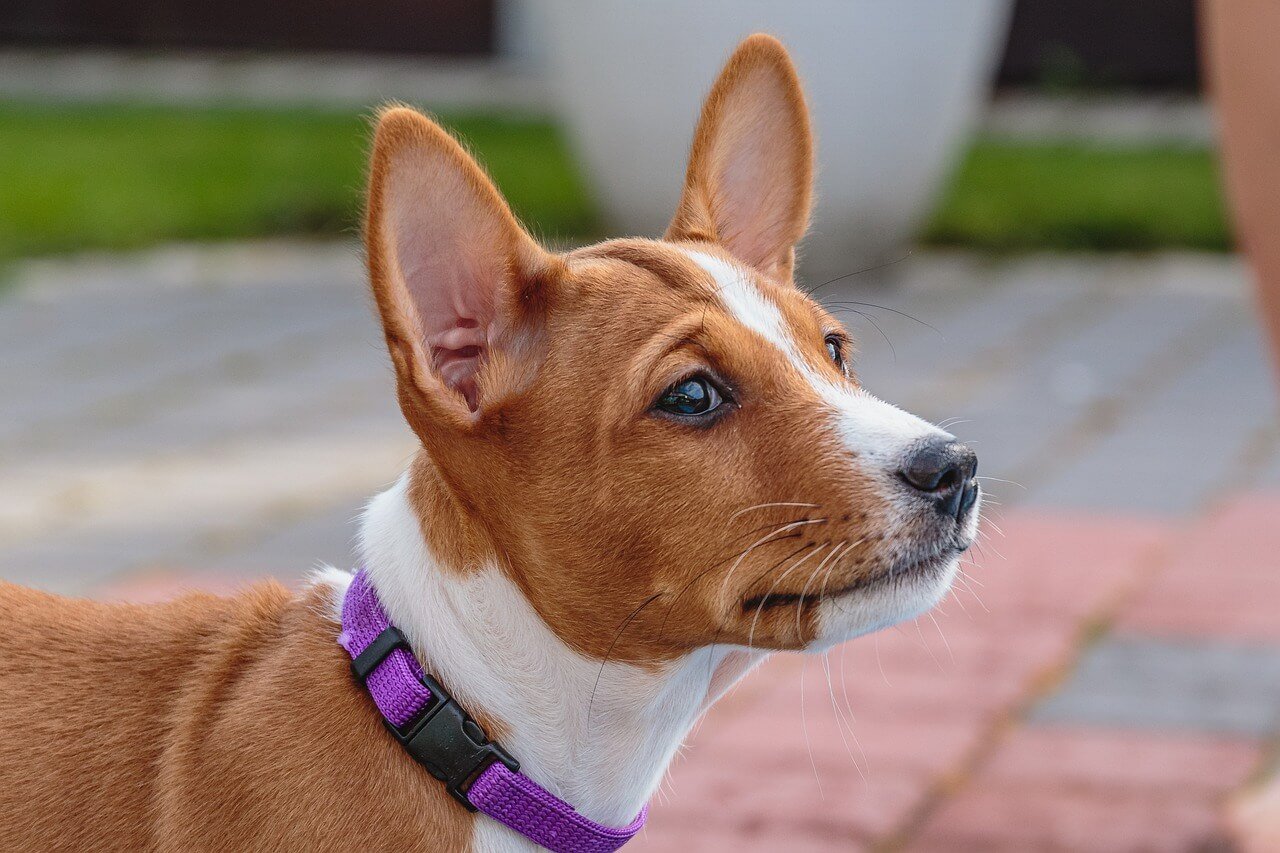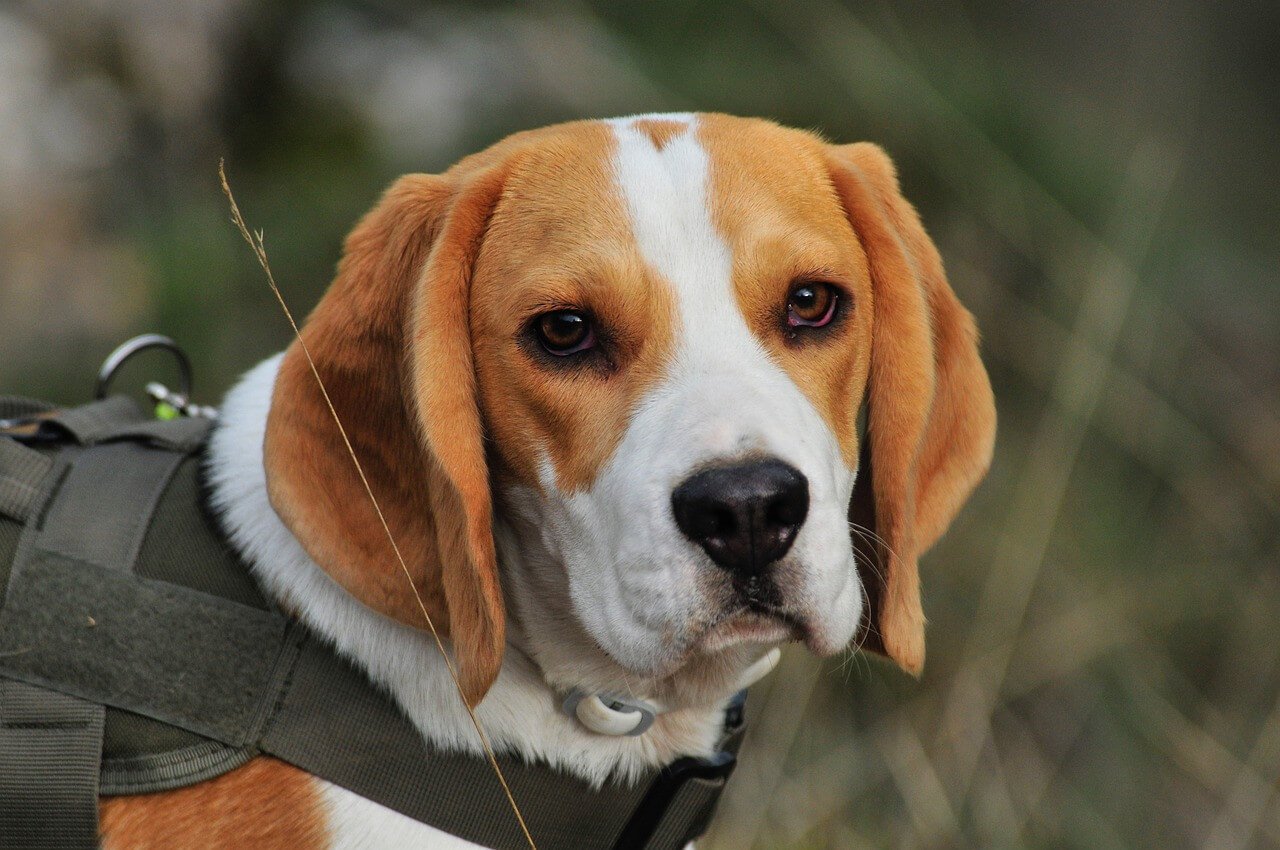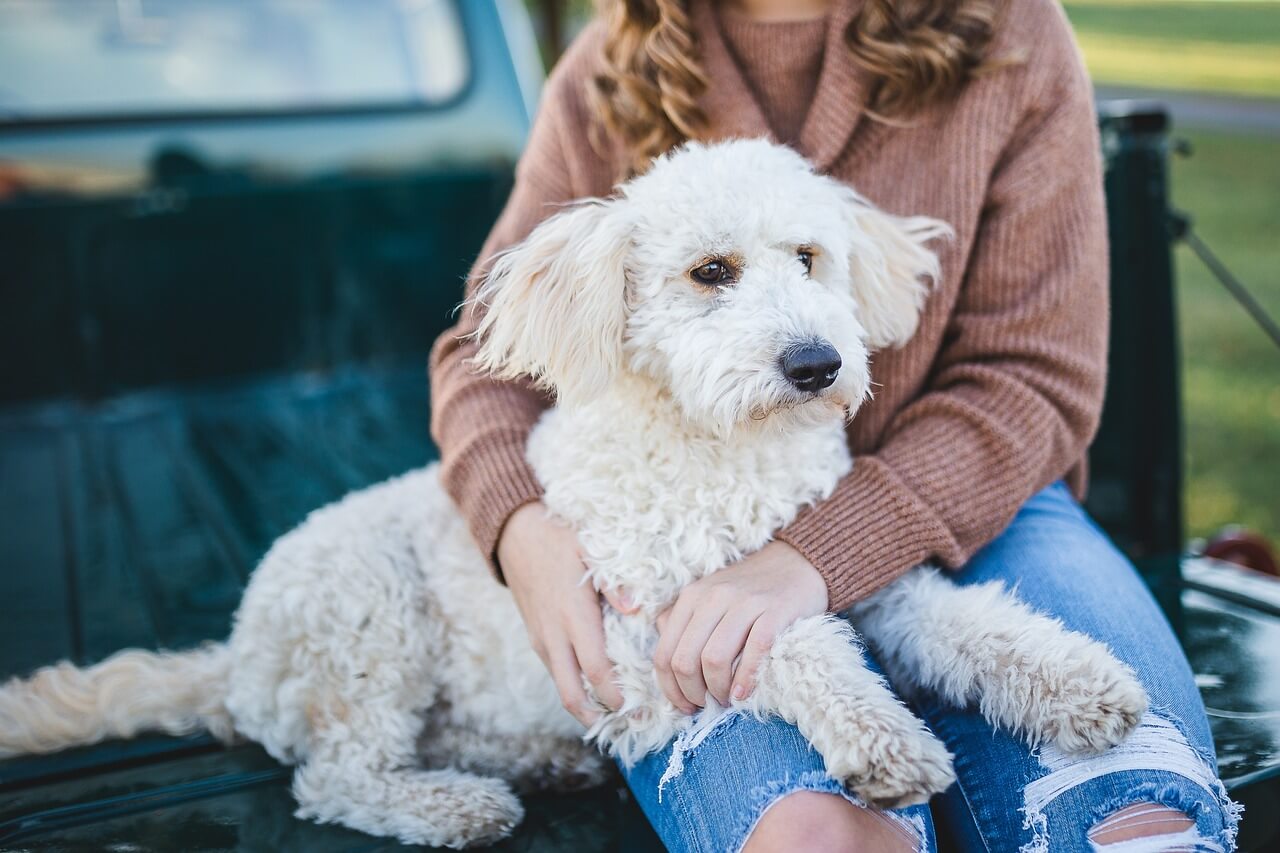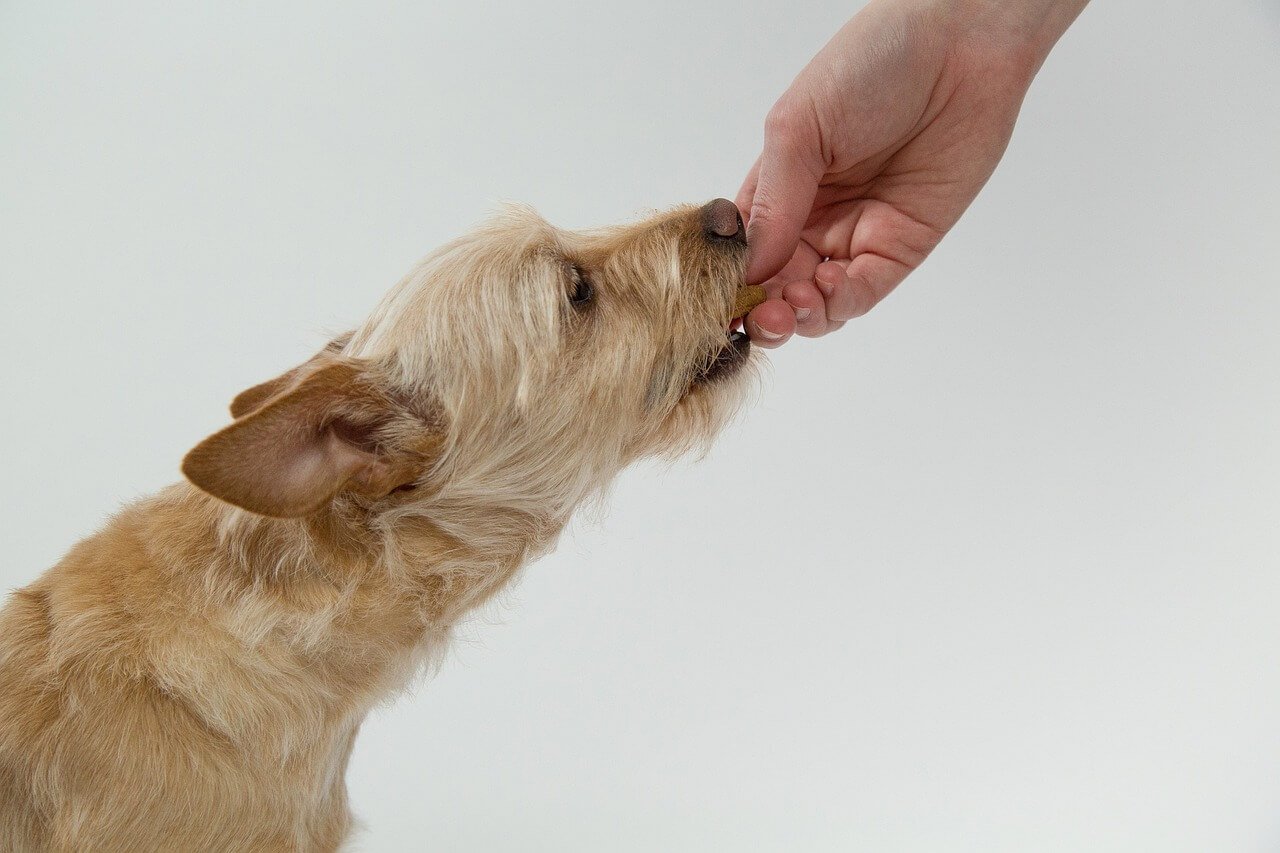Discover everything you need to know about one of the oldest dog breeds—the Basenji. Known as the African barkless dog, the Basenji stands out among other dogs with its tightly curled tail, erect ears, and independent nature. Recognized by the American Kennel Club and celebrated by the Basenji Club of America, this breed combines the traits of a sleek sighthound and a clever hunting dog, making it a delightful pet for families, urban dwellers, and active adventurers alike.
Basenji History and Breed Characteristics
Basenji history traces back to ancient Egypt and Central Africa, where these intelligent, agile dogs were prized as hunting dogs. As one of the oldest dog breeds, basenjis have a unique temperament—often described as cat-like for their quiet demeanor. Despite being known as a barkless dog, they communicate through a range of sounds, which only adds to their distinctive personality.
This breed is not only admired for its striking appearance (often featuring dark brown markings and white accents) but also for its overall healthy dog profile. Basenjis tend to be generally healthy dogs; however, like any other breeds, they require proper care and early socialization to reach their full potential as good family dogs.
Training, Socialization, and Dog Sports
Tailored Training Approaches
Training a basenji dog requires patience and creativity due to their independent nature. Start training your basenji puppy early with positive reinforcement techniques. Incorporating mental stimulation, such as puzzle toys and interactive games, can greatly benefit their cognitive development.
Engaging in Canine Sports
Because basenjis are both a sighthound and a hunting dog, they excel in dog sports like lure coursing and other canine sports. These activities cater to their high energy levels and natural instincts, ensuring that they remain both physically fit and mentally alert. Regular exercise also helps manage their unique basenji behavior, making them more adaptable in a household setting.
Nutrition, Care, and Daily Routines
Maintaining a Healthy Lifestyle
Balanced Diet: Feed your basenji a diet that meets all their nutritional needs based on the dog’s age, weight, and activity level. High-quality commercial dog foods or vet-approved home-prepared meals are excellent choices to support a healthy breed.
Routine Exercise: Daily walks, play sessions, and even participation in dog sports ensure that your basenji remains energized and fits well into an active routine. Whether you're in an apartment or a suburban home, ensure there’s enough space and time for regular exercise.
Grooming and Hygiene: Regular grooming sessions not only keep your basenji looking its best but also support overall health by preventing issues with the hip joint and skin.
Grooming and Coat Care: Keeping Your Basenji Looking Its Best
Basenzis are recognized for their smooth fur that needs grooming effort actively taken care of to preserve its health and look great in personality traits as well, as appearance features such, as sleek and tidy.
Basenzis may be pets. They still need proper nail trimming and ear cleaning as well as dental attention to stay healthy and happy. Ensuring their nails are kept short is key to avoid any discomfort or issues; regular ear checks and cleaning can prevent infections. Good oral hygiene is just as essential, in preventing plaque buildup and maintaining their health. A trustworthy Basenzis breeder will offer advice, on grooming and coat care to help you keep your friend looking fabulous.
Ensuring a Safe and Enjoyable Car Ride for Your Basenji
Traveling with a Basenji can be a delightful experience if you’re well-prepared. Due to their history as a hunting dog and sighthound, Basenjis can get anxious or overly excited during car rides. To make travel more comfortable, invest in a dog car seat that provides support and security. Use adjustable safety leashes and window shades to ensure your Basenji enjoys the view while staying safe.
Before setting off on long trips, bring along some favorite toys for mental stimulation and keep water handy to prevent dehydration. With the right preparation, you can turn car rides into a fun adventure for your Basenji.
Understanding Basenji Sleep Patterns: Quality Rest for an Energetic Breed
Basenjis are known for their alert and active nature, which often makes people wonder how many hours dogs sleep and whether Basenjis follow this general pattern. Like all dogs, Basenjis need plenty of rest to recharge, especially after a day full of activity. Although they are one of the oldest dog breeds with a high energy level, they still require a good balance between exercise and relaxation to maintain their overall well-being.
Creating a comfortable sleeping environment is essential to meet their unique sleep needs. Whether your Basenji prefers to stretch out or curl up tightly, choose a bed that supports their fine coat and hip joint health. Keeping an eye on any behavioral changes in your Basenji’s sleep patterns is crucial, as sudden variations may indicate underlying health concerns.
You might also be curious about why dogs sleep so much. Understanding the reasons behind this can help ensure that your Basenji is getting the appropriate amount of rest. Just like any breed, Basenjis have specific sleep requirements that must be met for them to stay happy, healthy, and ready for their next adventure. Remember, a well-rested Basenji is a content and vibrant companion!
Hiking Safely with Your Basenji
Basenjis have an inclination, for adventure making them companions for outdoor pursuits such, as hiking. However it is crucial to prioritize safety when venturing onto the trails with your companion. Before you venture out, ensure your Basenji is up for the hike by considering their fitness level and any health concerns.
When hiking with a Basenji, always keep them on a leash to prevent them from chasing wildlife or getting lost. It's also important to bring along water, a collapsible bowl, and some snacks - for both of you! Keep an eye on the weather, and be mindful of the terrain, as Basenjis are curious but can be sensitive to extreme conditions. By preparing yourself and your Basenji you can embark on an adventure of exploring nature through hiking.
Ensuring Optimal Basenji Health
Key Health Considerations
General Health: Basenjis are considered a healthy breed, yet prospective owners should be aware of potential issues such as fanconi syndrome, hip dysplasia, and progressive retinal atrophy. Regular veterinary check-ups, including monitoring the thyroid gland and the dog's weight, help maintain basenji health.
Grooming Needs: Despite being short haired dogs, basenji puppies and adult basenjis benefit from routine grooming. Regular nail trims, ear cleaning, and dental care are important to minimize health problems and support a sleek, well-groomed coat.
Diet & Human Foods: A balanced diet rich in high-quality proteins and complex carbohydrates is crucial. Always consult with a vet before introducing new human foods into their routine to ensure they stay a part of a healthy, active lifestyle.
Understanding Basenji Behavior & Temperament
Their independent dog behavior and intelligent nature can sometimes be misinterpreted as stubbornness. Early socialization and consistent training sessions help mold the basenji temperament into that of a well-behaved, good family dog who can safely interact off leash and engage with other dogs.
Addressing Common Behavioral Traits in Basenjis
Basenjis are often described as having a “cat-like” personality, being both independent and affectionate. This unique combination makes them fascinating companions but also requires an understanding approach. Due to their strong prey drive, Basenjis tend to chase small animals such as rats and cats, so early socialization is crucial to manage this instinct. These traits, coupled with their destructive behavior when left alone for too long, make it essential to keep them mentally stimulated.
Additionally, Basenjis are known for their erect ears and dark brown eyes, which, combined with their tightly curled tail, give them a distinctive appearance. Providing your Basenji with plenty of opportunities for exercise, mental engagement, and bonding time will help curb any unwanted behaviors.
Choosing a Reputable Basenji Breeder
What to Look For
Finding a reputable breeder is essential for ensuring your new companion has a solid foundation in health and temperament. Look for breeders affiliated with respected organizations like the Basenji Club of America or those recognized by the American Kennel Club. Responsible breeders screen their breeding stock carefully, focusing on genetic health issues like hip dysplasia and progressive retinal atrophy, ensuring that many basenjis produced are robust and well-adjusted.
Additional Tips
Early Socialization: Ask breeders about socialization practices for basenji puppies, as early exposure to various stimuli can significantly influence basenji behavior later in life.
Health Certifications: Ensure that the breeder provides documentation regarding health testing and any screening for common conditions in this ancient breed.
Conclusion: The Joy of Owning a Basenji Dog
Owning a Basenji is a unique experience that brings joy, challenge, and fulfillment. As one of the most ancient dog breeds, Basenjis are known for their intelligence, independence, and affectionate nature. Providing them with the right environment, such as an anti anxiety dog bed, can greatly enhance their comfort and well-being. Understanding their health issues, managing their training needs, and offering adequate mental stimulation are keys to a healthy and happy Basenji. By being a responsible owner and working with reputable Basenji breeders, you can enjoy a lifelong bond with this rare and remarkable breed.
Provide the best quality of life for your pet and explore more premium pet products! Click here: https://knoxgilmore.shop/pages/funnyfuzzy-department-store-shopping-guide-2024-holidays









